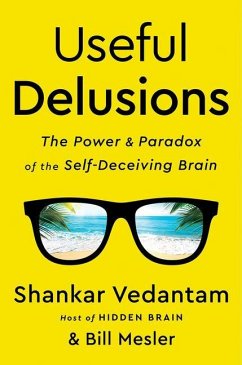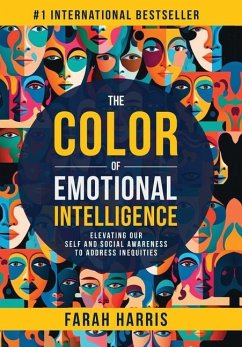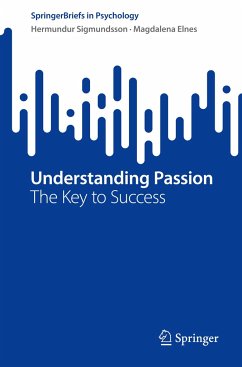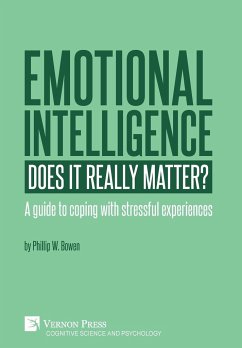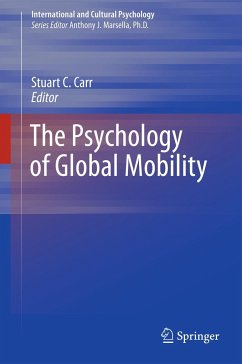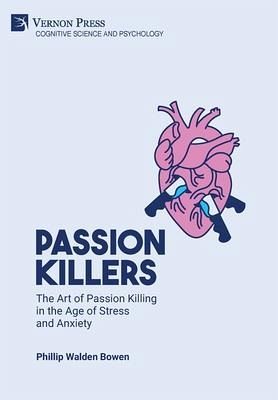
Passion killers
Versandkostenfrei!
Versandfertig in über 4 Wochen
87,99 €
inkl. MwSt.
Weitere Ausgaben:

PAYBACK Punkte
44 °P sammeln!
There is growing pressure and stress placed on organisations to fight for customers and service/product placement in an increasingly competitive global marketplace. It has, therefore, never been more important to get the best out of the workforce. To achieve this, the role of the leader can be a fundamental factor in organisational success or failure. Leaders need to have the requisite skills to reflect the demands placed upon them in the 21st century. There are the "accidental managers" who just drop into the role of leadership and others who may develop skills and knowledge in readiness for ...
There is growing pressure and stress placed on organisations to fight for customers and service/product placement in an increasingly competitive global marketplace. It has, therefore, never been more important to get the best out of the workforce. To achieve this, the role of the leader can be a fundamental factor in organisational success or failure. Leaders need to have the requisite skills to reflect the demands placed upon them in the 21st century. There are the "accidental managers" who just drop into the role of leadership and others who may develop skills and knowledge in readiness for a leadership role. There are also those who may have the innate ability to lead. Within the mix are those who are characterised by traits associated with the "dark triad" or who may use "pathocratic influence" on others to conform, reinforcing values (or lack of values) associated with toxic leadership. They create damage and harm. They become "passion killers". The result can lead to a "pathocracy". This book discusses the role emotional intelligence plays in helping people deal with stressful and challenging experiences, suggesting different ways to cope. The author reflects on the values that are integral to the success or failure of an organisation. "Passion" is identified as an added value that can differentiate one organisation from another. If passion is harmed, it can affect motivation, creativity, output, performance, and productivity. Therefore, this book provides the reader with examples of "passion killing" while making suggestions as to factors that can be adopted to engage and encourage passion. Conclusions are drawn and recommendations made to support those faced with "passion killers". This book is aimed at those of all ages and educational backgrounds interested in developing their leadership knowledge and skills. It is also aimed at those interested in learning more about differences in personality, emotional intelligence, stress, coping, values, and the importance of understanding the impact of "passion killers".



